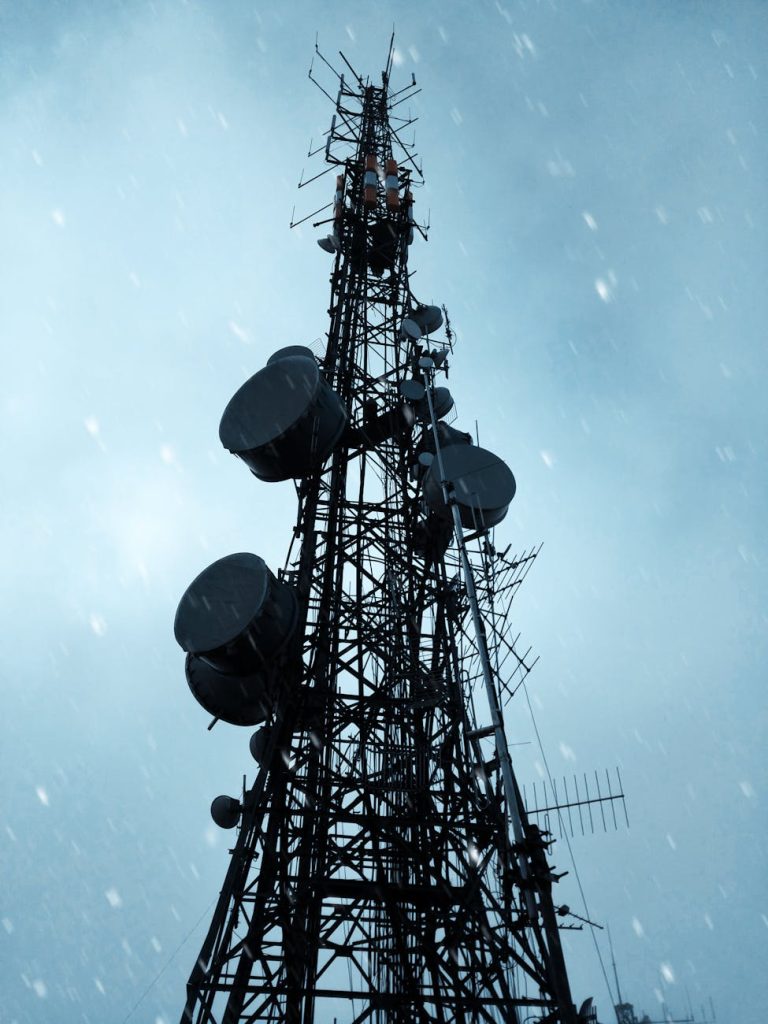
In a transformative move for Nigeria’s internet landscape, Elon Musk’s Starlink satellite internet service is poised to shake up the industry. Backed by SpaceX, Starlink offers high-speed, low-latency internet, targeting rural and underserved areas where traditional internet providers often fall short. However, with MTN’s recent rollout of its 5G network, the competition is heating up, sparking debates about affordability, accessibility, and technological advancement.
Starlink’s Entry: A Game-Changer?
Starlink’s appeal lies in its ability to bypass the limitations of terrestrial infrastructure. With over 3,000 satellites already in orbit and plans to expand to 7,500, the service promises speeds up to 300 Mbps. This could provide a lifeline to communities in Nigeria’s remote regions. However, the cost remains a significant hurdle. Early adopters report installation fees of approximately ₦267,978, alongside monthly subscriptions ranging from $110 to $500 globally, making it a premium service for many Nigerians.
MTN’s 5G Rollout: A Worthy Competitor
MTN, a major player in Nigeria’s telecom industry, recently launched its 5G network, offering speeds of 600-800 Mbps. At a more affordable price of ₦50,000 for the router and a lower monthly subscription, MTN is leveraging its existing infrastructure to cater to urban and semi-urban markets. While MTN’s service is faster than Starlink’s in optimal conditions, its reach is limited compared to Starlink’s global satellite network.
Challenges and Opportunities
Both services face challenges. Starlink must address its high cost to penetrate a price-sensitive market like Nigeria, while MTN needs to expand its coverage to rural areas. For consumers, these developments could mean lower prices and improved service quality as competition intensifies.
The Road Ahead
The Nigerian government’s support for Starlink, highlighted by its partnership with SpaceX, reflects a broader push for digital inclusion. As these two giants vie for market share, Nigerians stand to benefit from enhanced internet access, fostering economic growth and digital transformation.
Whether you’re an entrepreneur in Lagos or a farmer in rural Kano, the future of internet connectivity in Nigeria is looking brighter than ever.
Subscribe to our email newsletter to get the latest posts delivered right to your email.

Comments